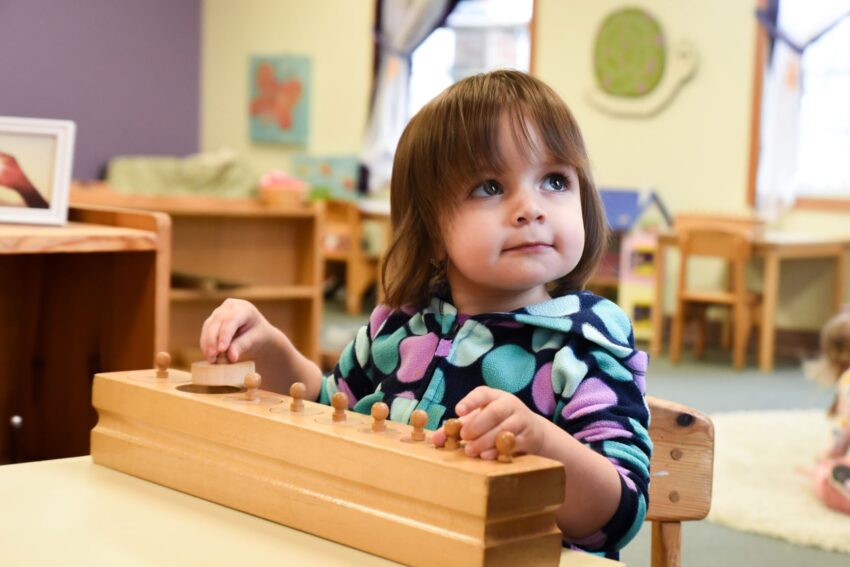Measuring Success: Montessori measurement materials contribute to academic success
Measurement is a fundamental skill that plays a crucial role in academic achievement. In Montessori education, the use of specialized measurement materials is an effective way to enhance students’ understanding of measurement concepts. These materials provide hands-on experiences and help develop critical thinking and problem-solving skills. In this article, we will explore how Montessori measurement materials contribute to academic success.
The Role of Montessori Measurement Materials
Montessori measurement materials enable students to explore and comprehend abstract mathematical concepts related to measurement. These materials offer a concrete representation of measurement units, providing a tangible and visual learning experience. By using these materials, students can develop a deep understanding of measurement principles and build a strong foundation for further mathematical endeavors.
Hands-On Learning
The Montessori measurement materials, such as the Pink Tower, Brown Stair, and Long Red Rods, provide students with opportunities for hands-on learning. Through tactile experiences, students can physically manipulate and compare different measurement units. This hands-on approach allows them to develop a concrete understanding of measurement, promoting better retention and application of knowledge.
Visual Representation
Montessori measurement materials are designed in a visually appealing and intuitive manner. The materials typically come in various sizes, colors, and shapes, which aid in easy differentiation and comparison between different measurements. This visual representation helps students visualize abstract concepts such as length, volume, and weight, making it easier for them to grasp these core ideas and apply them in real-life situations.
Conceptual Understanding
The use of Montessori measurement materials encourages students to understand the conceptual aspects of measurement. Instead of simply memorizing formulas or procedures, students are encouraged to experiment, discover patterns, and make connections between different units and measurements. This approach fosters a deeper understanding of measurement principles and sets a solid foundation for advanced mathematical concepts later in their academic journey.
Promotes Critical Thinking
Montessori measurement materials stimulate critical thinking skills in students. Through engaging with these materials, students are tasked with finding innovative ways to measure, compare, and solve problems. By actively participating in the process, students develop analytical thinking skills, logical reasoning, and the ability to think independently. This promotes a growth mindset and enhances their problem-solving abilities, which are essential for academic success across various disciplines.
Increased Engagement
The hands-on and interactive nature of Montessori measurement materials fosters increased student engagement. These materials present measurement concepts in a fun and intriguing manner, encouraging students to actively participate and explore. The use of manipulatives creates a dynamic learning environment where students are encouraged to collaborate, share ideas, and learn from one another. This active engagement leads to higher levels of motivation and a genuine love for learning.
Measurement is a crucial component of academic achievement, and Montessori measurement materials play a vital role in enhancing students’ understanding and application of measurement concepts. Through hands-on learning, visual representation, and emphasis on conceptual understanding, these materials contribute to the development of critical thinking skills and promote student engagement. By integrating these materials into Montessori education, we create a foundation for academic success and a lifelong love for learning.
Nidhin
For More Details Call: +917510220582

